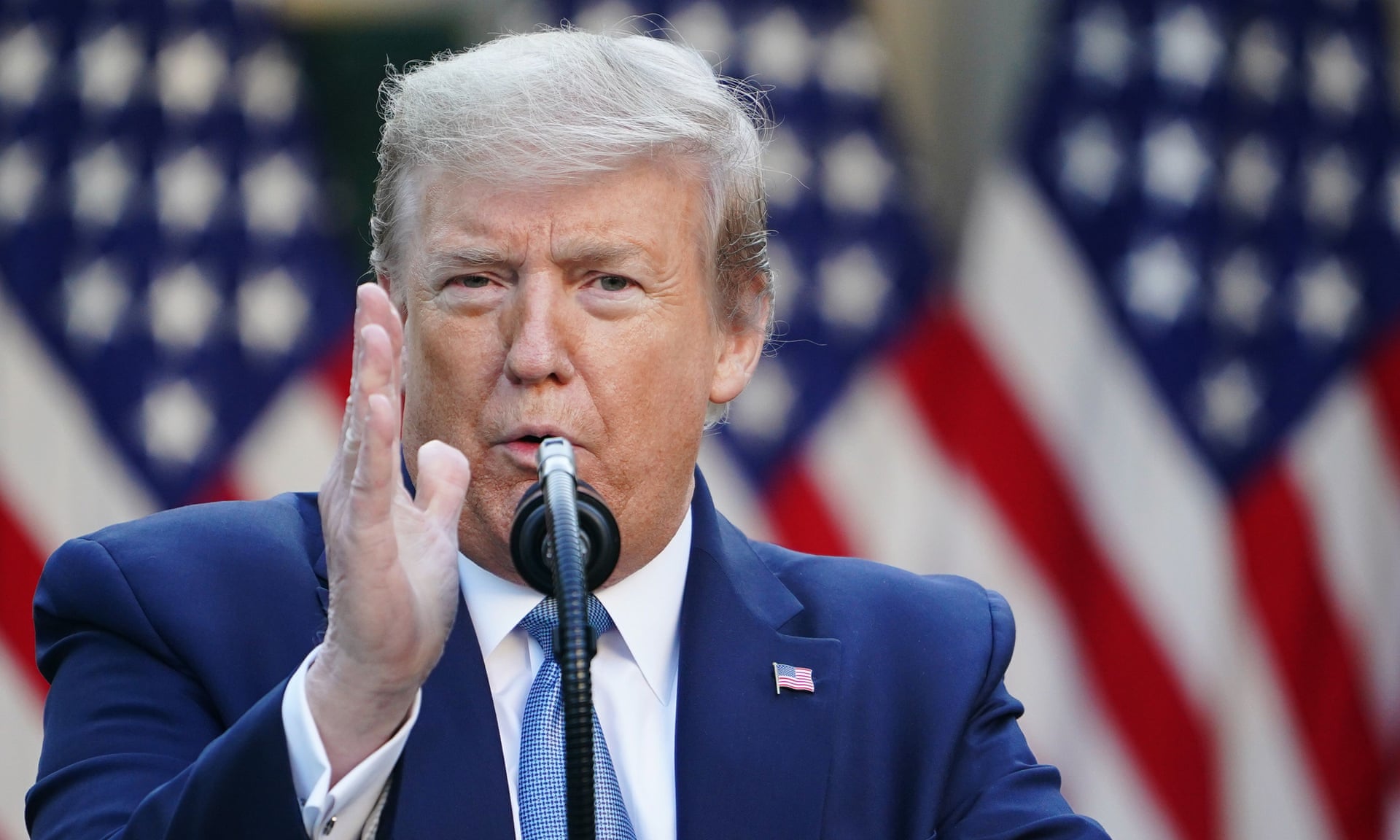16 April Pandemicia coronavirus report #11
Epidemic
This has been a disease of globalisation, and it is unfortunately the global cities that have borne the initial brunt of the pandemic.
The world passed the two million mark in confirmed infections, and is probably heading for five million in a few months. Europe has passed a million cases. The actual level of infection is probably very much higher. New infections are plateauing, unless we get massive growth somewhere.
The world passed the two million mark in confirmed infections, and is probably heading for five million in a few months. Europe has passed a million cases. The actual level of infection is probably very much higher. New infections are plateauing, unless we get massive growth somewhere.
Brazil, Russia, Turkey Ukraine and India/Pakistan are now
the countries to watch. These countries keeping the global pandemic going (plus
the ongoing cases from the heavily infected areas).
The USA (and Canada) appears to be plateauing (according to Donald Trump) – but one cannot be certain. New York plateaued some time ago,
probably due to reaching the ‘herd immunity’ point like Europe, where the disease
runs out of people to infect. The other major urban areas are fairly tightly
tied down, so they may well pull up short of the natural maximum infection level.
The countries who have arrested the pandemic are wondering how to go about eliminating the virus and getting back to normal. Daily
cases continue to fall in South Korea and are now down to 27 from a high of 850.
Their example is probably the one to emulate. Australia’s cases have fallen to
25. Eradication should not be difficult, as both countries are taking no
chances. One model has Australia detecting 92% of symptomatic cases,
the highest in the world.
A surge of cases in Japan seems to have been stopped.
Geopolitical
The action of the US President in blocking funding to the WHO
in the middle of an emergency has been widely condemned - by international leaders, and by major charities like the Gates Foundation who also fund WHO. Many are saying that WHO has performed well, much better than it did with Ebola a few years back. It cannot be denied WHO
made a terrible mistake in late January by not recommending border closures, but so did the whole Western bloc.
China’s actions at the time have come under renewed scrutiny and conspiracy rumours
have re-surfaced.
Donald Trump has threatened to shut down both chambers so he
can make recess appointments. His campaign ads are casting Joe Biden as being
Beijing-friendly.
The President of the Philippines has come under criticism from
outspoken Senator De Lima, who is detained for drug-related charges. She has
accused him of pandering to China and having ‘bought in to their propaganda’ in
exchange for early access to a vaccine.
The Korean President’ party won a landslide victory as voters applauded the handling of the crisis.
Germany will be allowing non-essential businesses to re-open next week.
Response
100 scattergun experiments on humans have been launched in the USA to try to find a treatment.
 |
| Covid hospital Spain |
As elesewhere, morgues in Spain have buckled under the death toll, and two ice rinks are being used to store bodies.
China has closed most of the makeshift hospitals erected around Wuhan.
The WHO has warned that alcohol compromises the body's immune system and consumption should be minimised.
Economy
Estimates of the damage to the US economy range from 15% to 35%. With unemployment at 17 million in the USA , queues of cars at food banks are miles long. Charities are facing shortages of food and volunteers.
With so many at home, India’s online gaming industry is taking off. A third of India’s population are online, mostly via smartphones. Gambling in games with a skill component is permitted in many states.
Australia is expected to have a significant population drop as temporary residents return home. This will impact on the economy in different ways.
.
<Return to Index>

Comments
Post a Comment